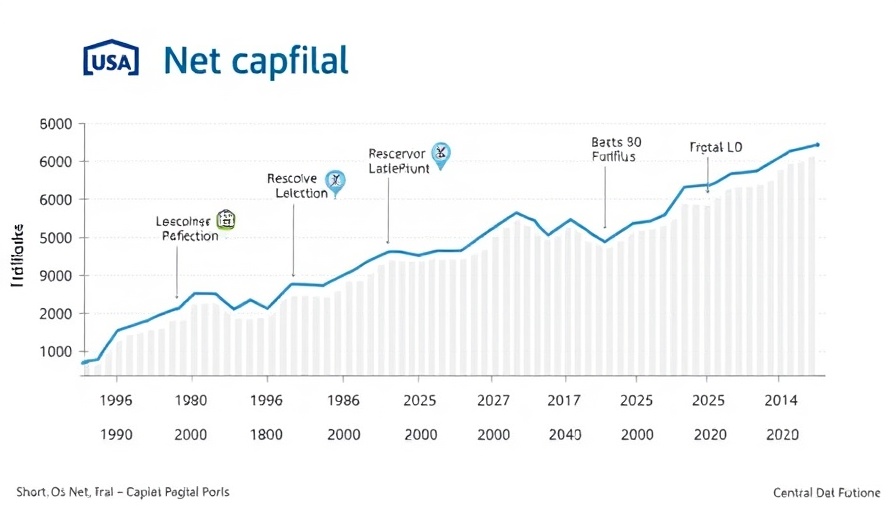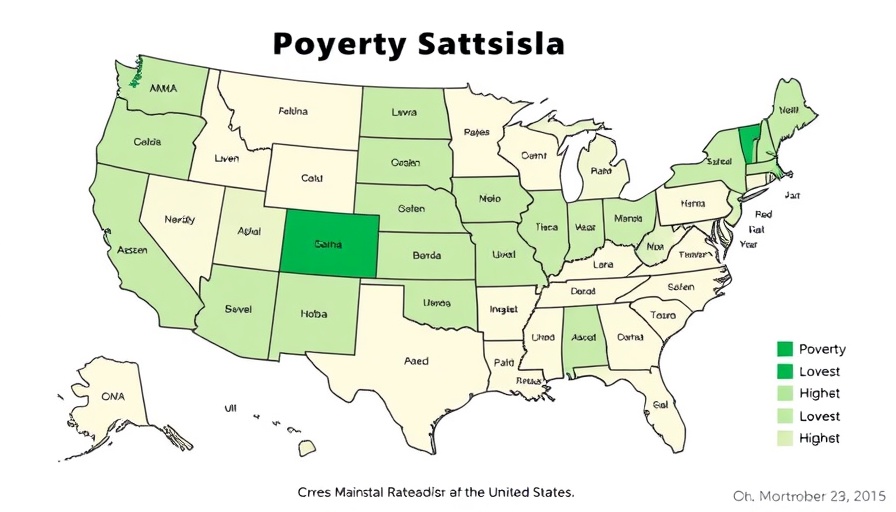
Why Wealthy Europeans Are Facing Exit Charges
As wealthy Europeans seek sunny shores in tax havens like Monaco and Dubai, they're encountering a surprising obstacle: exit taxes imposed by their home countries. Countries across Europe have implemented these exit taxes in a bid to retain their high-net-worth residents and capture a slice of the wealth they’ve accrued while utilizing local infrastructures.
Understanding Exit Taxes
The exit tax provisions are designed to tax individuals on unrealized capital gains—essentially taxing profits on assets before they are even sold. This means even if a wealthy individual has not monetized their investments, they must pay taxes on their potential gains.
For instance, in Germany, the exit tax can be as high as 27%, levied on those who own 1% or more of a company's shares. In Norway, the stakes are even higher, with rates hitting 38% on unrealized gains. The underlying aim is for governments to boost their revenues amidst economic downturns, particularly continuing to bounce back from the COVID-19 pandemic. David Lesperance, a wealth management expert, noted that clients holding illiquid assets often feel hesitant to liquidate their investments due to these hefty exit fees.
The European Landscape of Wealth Migration
Countries like Belgium and Norway are also tightening their grip on wealthy expatriates, making it even more costly for them to relocate. Beyond these restrictions, the UK has made headlines as well, with a recent tax overhaul prompting a mass departure of affluent residents. As the UK phased out its tax breaks for 'non-doms'—wealthy individuals who reside in the country but have foreign incomes—the shift created an opportunity for many to reconsider their residential choices.
Italy’s Milan has emerged as a favored destination; the financial hub offers a flat levy of $223,000, allowing newcomers to enjoy tax relief on overseas earnings, making it a strong attraction for the wealthy fleeing tax increases in their home countries.
The Broader Implications of Exit Taxes
This ongoing trend raises questions about the societal impacts of exit taxes. For instance, as wealthy individuals move to tax-friendly nations, their home countries may lose significant tax revenues. Conversely, gaining nations benefit from an influx of wealth, leading to potential changes in economic landscapes.
Furthermore, this situation may be fueling calls for improved tax policies. Critics argue that exit taxes may push individuals to make hurried decisions about their financial futures, potentially impacting estate planning and succession strategies, as seen in reports of business owners altering their succession plans to avoid hefty taxes.
Community Connections for Upper Wage Earners
For the high earners in Philadelphia, understanding the evolving landscape of taxation in Europe underscores the importance of being well-informed about both local and international financial strategies. As global tax policies shift, having strategies in place can ensure that you navigate these waters effectively and determine your own fiscal future.
Curious to learn more about how these changes could impact your investments? Explore the tax landscape, and connect with professionals who understand both local and global tax strategies. Understanding these dynamics is crucial to making the best financial decisions in an increasingly complex world.
 Add Row
Add Row  Add
Add 




Write A Comment